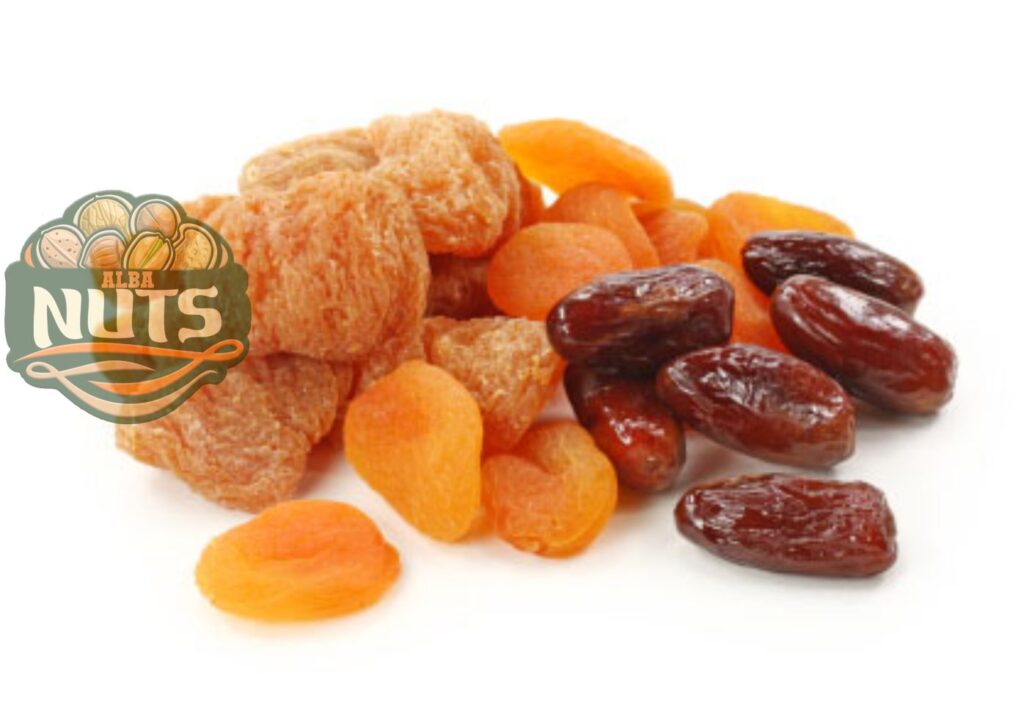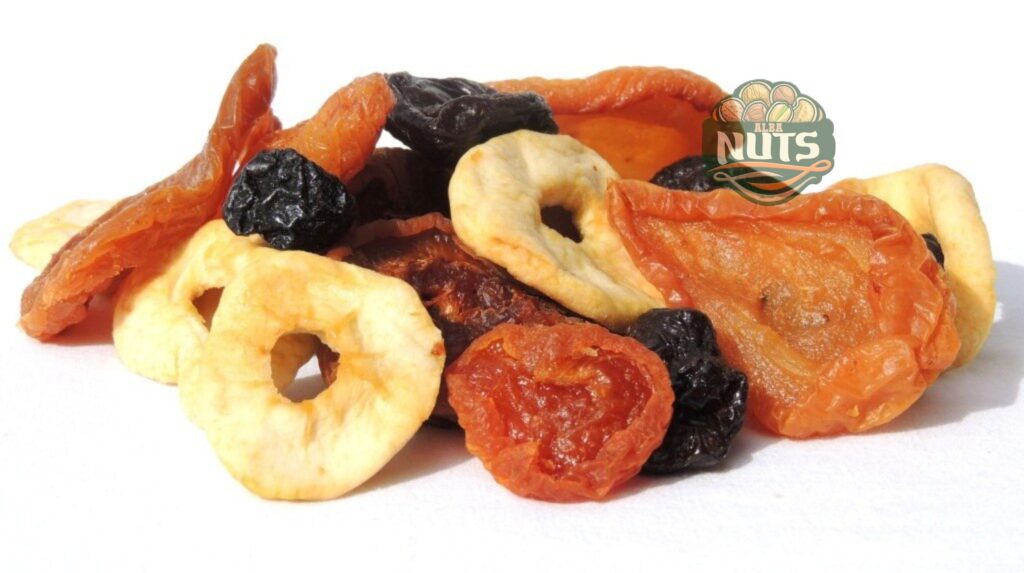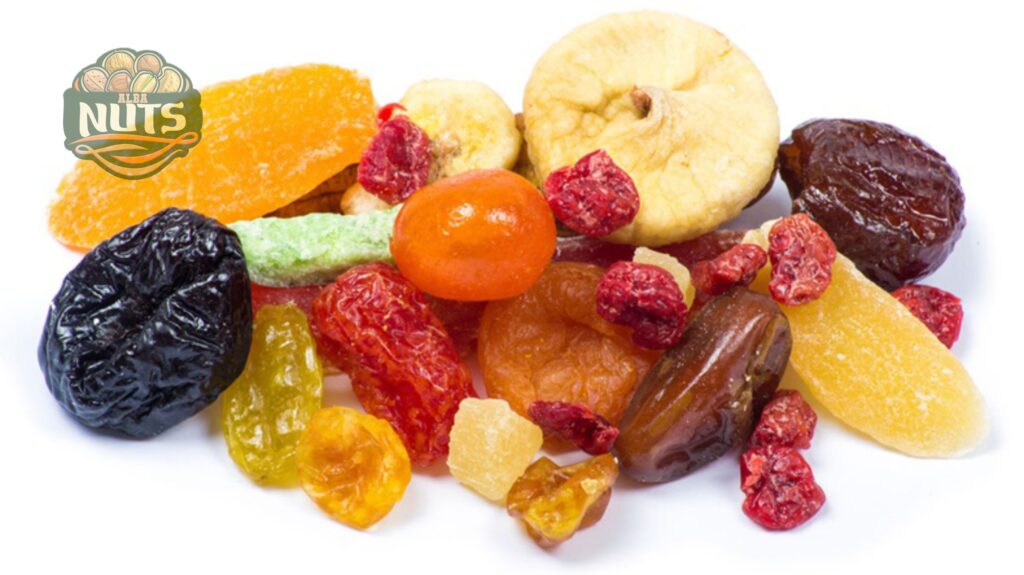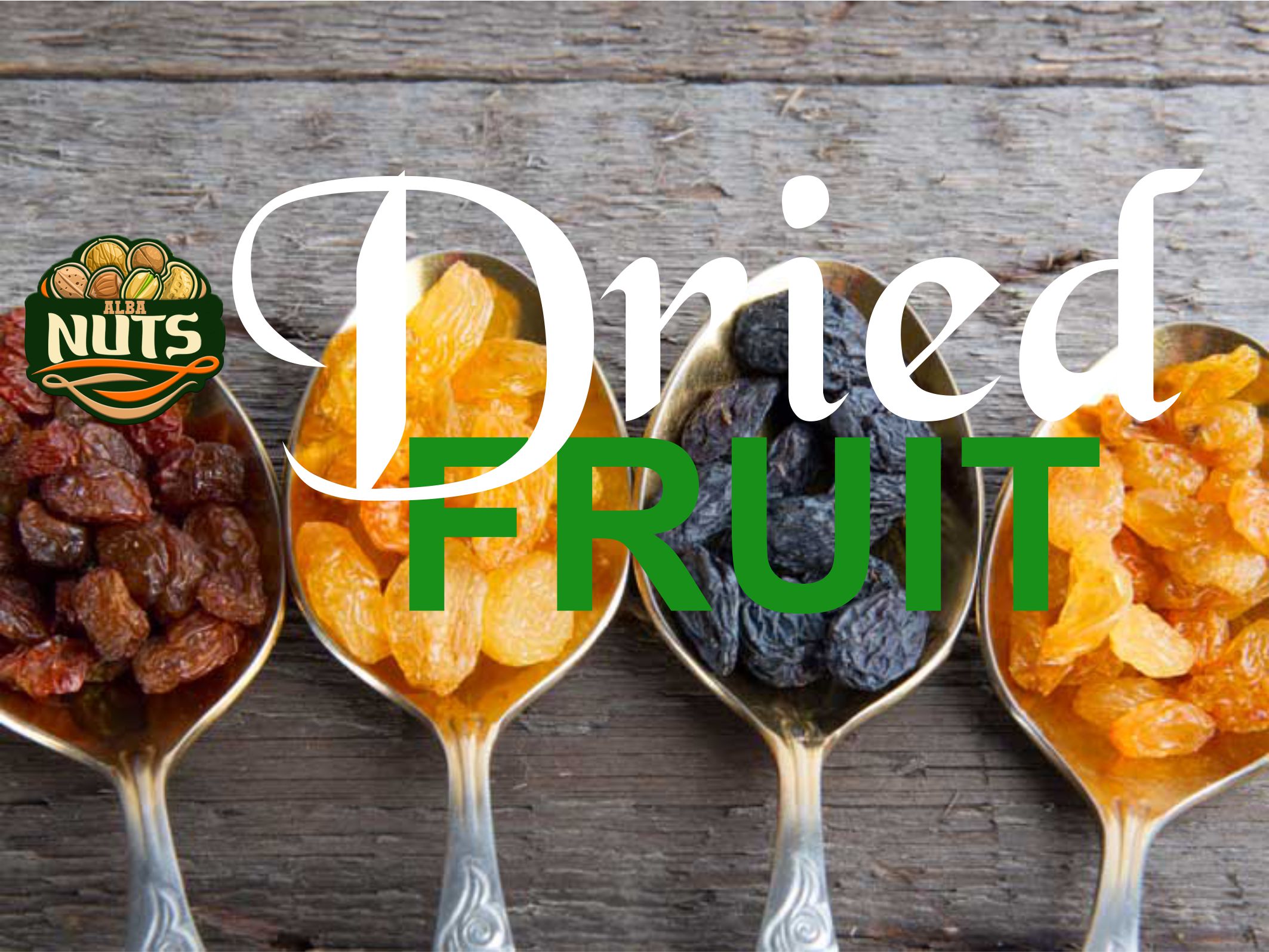For years, there have been conflicting reports about the information regarding dried fruit. Some say it is nutritious and healthy snack, while others claim it is no better than candy. This article will help demystify the conflict.
Dried fruit is a fruit which has had all its water content removed through drying methods. As a result, the fruit shrinks, leaving a small, energy-dense dried fruit. The most common types of dried fruit are raisins, dates, prunes, figs and apricots. It is also possible to find dried mangoes, pineapples, cranberries, bananas and apples. Through the process of drying, the fruit can be preserved for a longer period as compared to the fresh fruit. The dried fruit is a handy snack particularly on long trips where refrigeration is required.

Health Effects of Dried Fruit
Studies have shown that people who eat a lot of dried fruit, tend to lose weight, lowering the risk of obesity. Those who eat a lot of dried fruit also ingest more nutrients, as compared to those who do not eat dried fruit. They are a good source of many plant compounds like powerful antioxidants. They are highly nutritious and one piece of dried fruit contains about the same amount of nutrients as the fresh fruit, only condensed in a much smaller package.
Dried fruit contains up to 3.5 times the fibre, vitamins and minerals of fresh fruit. Therefore, one serving can provide a large percentage of the daily recommended intake of many vitamins and minerals, such as folate. However, there are some exceptions. For example, the vitamin C content is significantly reduced when the fruit is dried. Dried fruit generally contains a lot of fibre and is a great source of antioxidants, especially polyphenols. Polyphenol antioxidants are associated with health benefits such as improved blood flow, better digestive health, decreased oxidative damage and reduced risk of many diseases.
Reasons to Avoid Too Much Dried Fruit
Dried fruits contain significant amounts of natural sugars. This is because all the water has been removed from the fruit, concentrating all the sugar and calories in a much smaller package. For this reason, dried fruit is very high in calories and sugar, including both glucose and fructose. Here are some dried fruit and their natural sugar content:
- Raisins: 59%.
- Dates: 64–66%.
- Prunes: 38%.
- Apricots: 53%.
- Figs: 48%

22–51% of this sugar content is fructose. Eating a lot of fructose may have negative health effects, including increased risk of weight gain, type 2 diabetes and heart disease. Because dried fruit is sweet and energy-dense, it is easy to eat large amounts at a time, which can result in excess sugar and calorie intake.
To make some dried fruit even more sweet and appealing, they are coated with added sugar (‘candied’ fruit) or syrup before being dried. Added sugar has repeatedly been shown to have harmful effects on health, increasing the risk of obesity, heart disease and even cancer. To avoid dried fruit that contains added sugar, it is very important to read the ingredients and nutrition information found on the package.
Some producers add preservatives called sulphites to their dried fruit, to make the dried fruit look more appealing, because it preserves the fruit and prevents discoloration. This applies mainly to brightly coloured fruits, such as apricots and raisins. Some individuals may be sensitive to sulphites, and may experience stomach cramps, skin rashes and asthma attacks after ingesting them. To avoid sulphites, choose dried fruit that is brown or greyish rather than the brightly coloured. Also, dried fruit that is improperly stored and handled may also be contaminated with fungi, aflatoxins and other toxic compounds.

Bottom Line
Same as with many other foods, dried fruit have both good and bad aspects. Dried fruit can boost your fibre and nutrient intake and supply your body with large amounts of antioxidants. However, they are also high in sugar and calories, and can cause problems when eaten in excess. For this reason, dried fruit should only be eaten in small amounts, preferably along with other nutritious foods. They should not be eaten by the handful, because it is very easy to eat too many calories from dried fruit. Also, they are a high-carb food, making them unsuitable on a low-carb diet. At the end of the day, dried fruit is far from perfect, but it is certainly a much healthier and more nutritious snack than chips or other processed junk foods.


